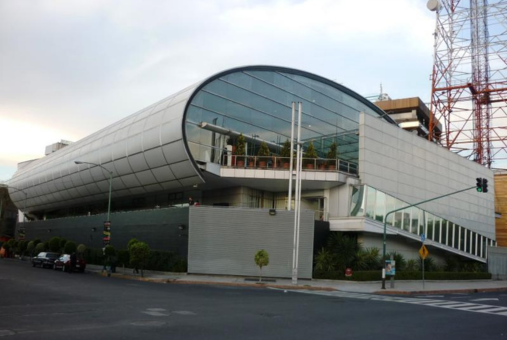
Mexico’s Aristegui Noticias reports that a major leak shows the powerful Televisa network ran a secret operation to manipulate public opinion and target judges, journalists, and even billionaire Carlos Slim.
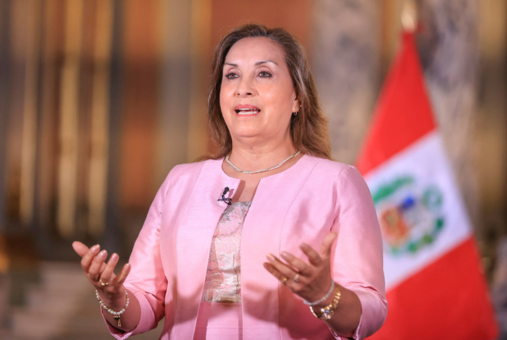
With approval ratings at just 4%, President Dina Boluarte enacted a law that places state oversight on media that receive international funding. The law is being compared to similar legislation from authoritarian regimes, in a context of increasing democratic deterioration in Peru.

Journalists from El Salvador, India, Hungary and Turkey share how autocratic regimes in their countries have weakened freedom of expression and offer U.S. journalists a glimpse of what may come.

Reporters from Syria, Haiti, Malawi, Venezuela and Russia recounted restrictions on press freedom and journalism in their home countries, up to and including arrest and exile.

Pace told participants of the 26th International Symposium on Online Journalism that the Associated Press is fighting a ban on its reporters from the press pool and still showing up to the White House every day, despite being repeatedly turned away.
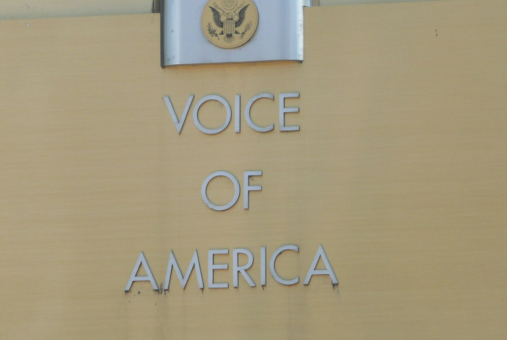
VOA journalists are suing the Trump administration, arguing its shutdown of the network is unconstitutional. They also say the move harms U.S. credibility abroad and puts foreign staff at risk.
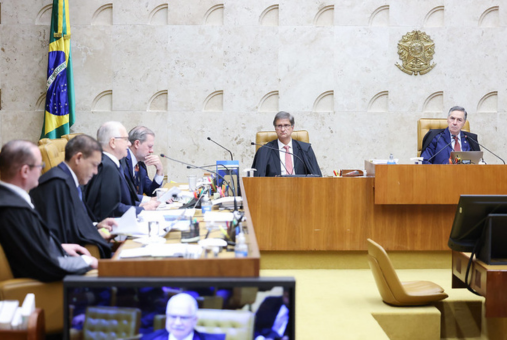
The Supreme Court, updating a 2023 ruling on media liability, says outlets will only be on the hook if they act negligently or knowingly broadcast defamatory statements. They must also guarantee a right of reply to any implicated third party.
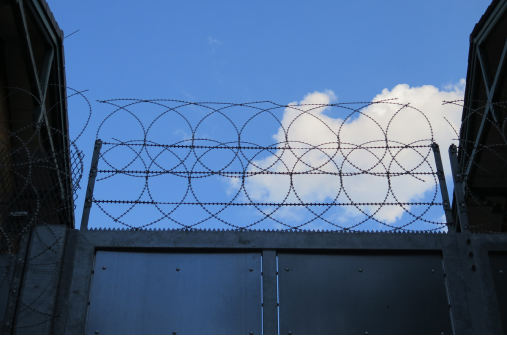
Journalists and human rights organizations say Venezuelan authorities detain and release journalists to control and censor, using ‘punishment as warning’ as a tool to instill fear and silence the press.
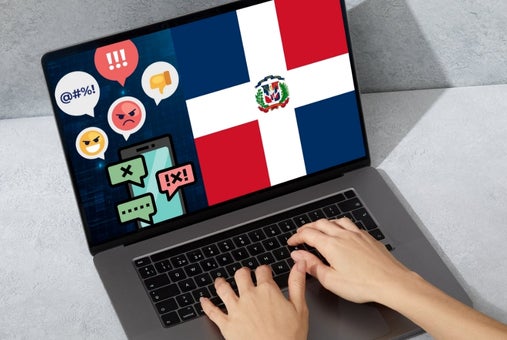
At least half a dozen Dominican journalists were targeted online after being accused of receiving support from the U.S. government, highlighting how U.S. political narratives resonate in Latin America.
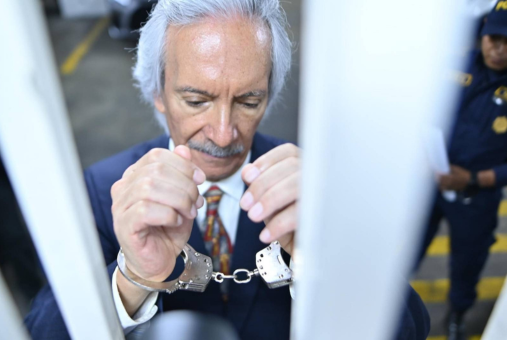
Zamora, known for exposing government corruption, was put behind bars after four months in house arrest. Press freedom groups say it’s part of an effort to silence critical reporting. It’s ‘arbitrary and illegal,’ his son José says.

Two new laws that impose new restrictions on independent media, plus the suspension of funding through US agencies, leave the Venezuelan press with few options for survival.
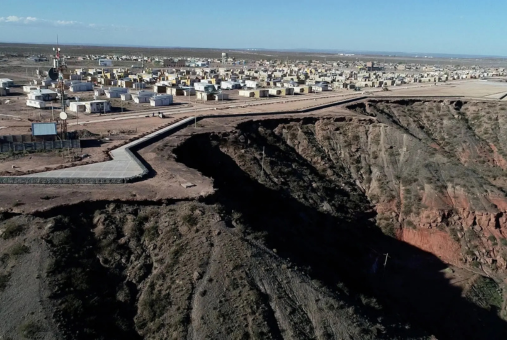
Irene Benito, who’s heading one of the studies on news deserts currently underway, tells LJR in an interview that the absence of news not only leaves communities without information. It also erodes democracy.